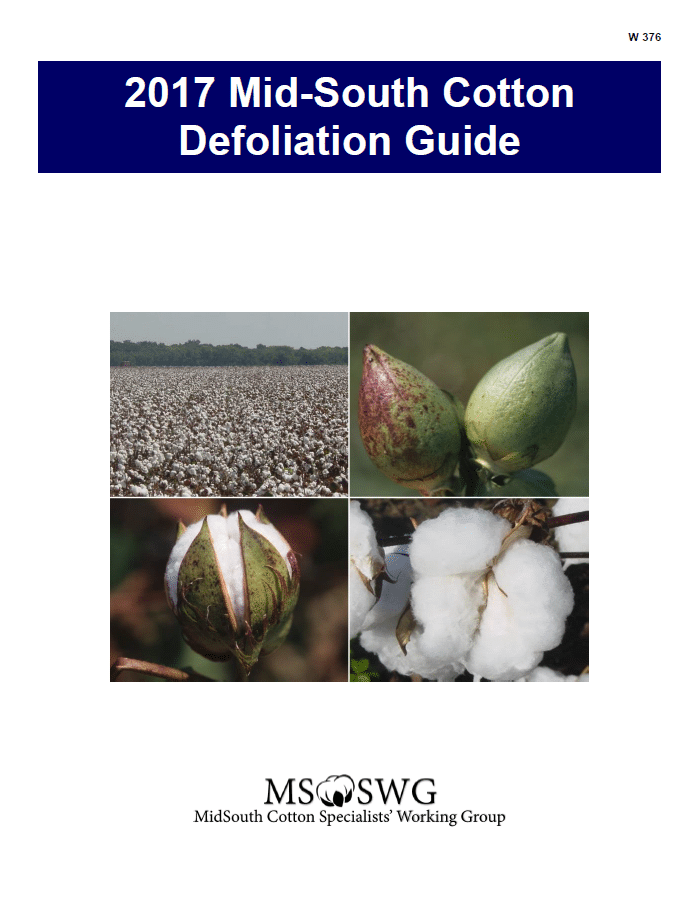The Tennessee Grain & Soybean Producers Conference will be held in Dyersburg on Thursday, February 1st at the Dyer County Fairgrounds. Free registration is from 7:45 – 8:45 AM. The program includes a trade show, multiple presentations on crop management, and a sponsored lunch. The keynote speaker this year is Greg Peterson of You Tube Farming Sensations and Peterson Farm Brothers discussing “Being an Advocate for Ag: the Role of Millennials”.
Category Archives: Wheat
Middle TN Grain Conference (Tuesday, January 30th, 2018)
Manchester, Tenn. — The thirteenth annual Middle Tennessee Grain Conference is set for Tuesday, January 30th at the Coffee County Fairgrounds in Manchester. This conference offers farmers insights and solutions to a number of emerging corn, soybean, and wheat production concerns.
The conference will be underway at 7:30 A.M. beginning with registration which is $20 at the door or $10 if pre-registered before noon, Monday, January 25 through their local UT Extension office. Registration fees cover the cost of program materials, refreshments, lunch, conference proceedings (copies of all presentations), and one grain conference cap per person (given at the end of the Conference). Continue reading
2017 MidSouth Cotton Defoliation Guide
The Mid-South’s cotton crop is rapidly maturing and many of our acres will receive a harvest aid application soon after Hurricane Irma moves through the area. There are many factors to consider in determining timing, products and rates. In an effort to outline these decisions and provide harvest aid recommendations for the Mid-South, the 2017 Mid-South Cotton Defoliation Guide has just been updated by the MidSouth Cotton Specialists’ Working Group and is now available online. To access the guide, click the image above or the included link. Please keep in mind that this was compiled as a regional guide and should be used in conjunction with your previous experiences.
2017 CST Wheat Yield Results
2017 County Standardized Trial (CST) Wheat yield data is now complete. CST plots are large on-farm strip trials using farmers normal production practices, and represent common production environments. Included in the table are 12 test, harvested from 11 counties across much of West TN and into Middle TN coving a wide range of Continue reading
New Search Option for UT Variety Test Data
The University of Tennessee Variety Testing team is pleased to announce the launch of a new search tool for yield and agronomic data for corn grain and silage, cotton, soybeans and wheat. Continue reading
Armyworms in Wheat (Better than it Looks)
Yesterday, I had the opportunity to visit some fields in Shelby County and had reports from a couple of other areas where armyworms have completely defoliated some wheat fields (or spots in fields). Armyworms were not hard to find, but many had pupated (“cycled out”) or were being killed by diseases and parasites. The good news is Continue reading
True Armyworms in Wheat
This is a repeat of an older article … as a reminder. There have been a couple of reports of armyworms in wheat. Nothing crazy but much of the wheat is still in the milk stage and would be susceptible to excessive defoliation. Occasionally, armyworms may even cut the heads, typically when populations are high. Yield loss is most likley if Continue reading
Tennnessee Variety Test Program Survey
Things have been busy this past month in the Tennessee variety test program as entries continue to roll in for our 2017 corn and soybean tests. This year we will be testing a total of 86 corn grain hybrids, 11 corn silage hybrids, and 195 soybean varieties across the state of Tennessee.
We know the variety test program is important to many of you. In order to make sure this program continues to meet your needs, we’d like some feedback from you!
If you are a Tennessee corn, soybean, wheat, or cotton producer, please take a few minutes to help us out by taking this survey. Producer – Variety Test Survey
If you are not a producer, but you provide folks with advice on variety selection (scout, retailer, seed company rep), then please take this survey. Industry – Variety Test Survey
Thanks for your help as we continue to figure out ways we can better serve you through our Tennessee variety test program!


